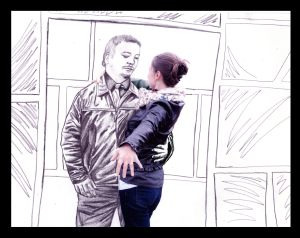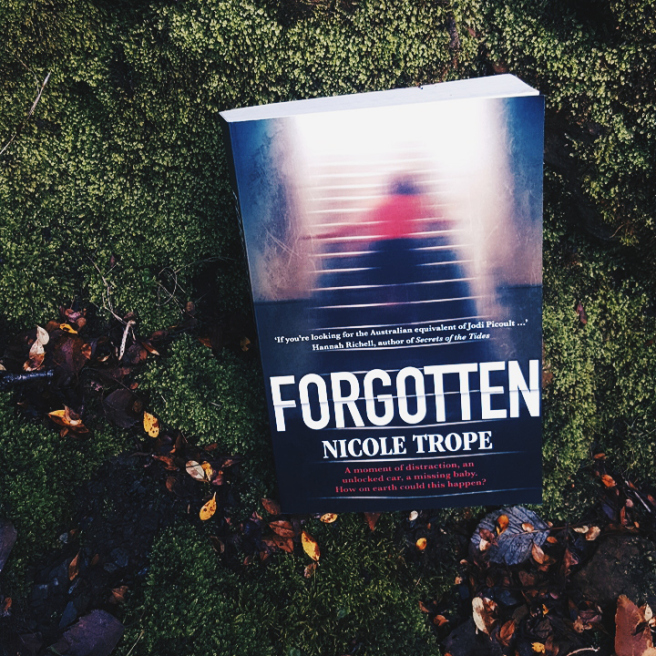Me Talk Pretty One Day – David Sedaris
I finally read Me Talk Pretty One Day, having been recommended it several years ago. Though I am not normally a fan of reading non-fiction, I enjoyed David Sedaris’ book. Perhaps because it felt a bit like fiction – to me it seemed more like a book of short stories, or a disjointed memoir than a collection of essays. And the book does not lend itself to being confined to one genre or form, especially as the essays have been collected from various places, including radio, and assembled.
I did not find all of the essays compelling but the ones about his family, obviously autobiographical, were especially funny, as well as those about his childhood and life as a young adult.
The book opens with the essay, Go Carolina, linked to the collection’s title – about his speech therapy sessions at school. The opening is overdramatic, ironic and playing to popular culture as well as a child’s perspective: “anyone who watches even the slightest amount of TV is familiar with the scene: An agent knocks on the door of some seemingly ordinary home or office […] The agent came for me during my geography lesson.” Sedaris’s book makes the ordinary entertaining. For example, the humour in the fact that he avoids words with the letter ‘s’ due to his lisp instead of practising like the speech therapist asks. Sedaris has amusing problems with language again later on, when living in Paris and struggling to speak French.
Even the depressing and dark moments are given a funny side and the book is full of one-liners. For example, when coping without drugs: “I might have thrown myself out the window, but I lived on the first floor and didn’t have the energy to climb the stairs to the roof.” When his cat dies, this loss gets lumped together with other things he has to be sad about: “I cried for it all and wondered why so few songs were written about cats”. This is actually a touching moment, especially when juxtaposed with the death of his mother.
We learn a lot about his father, to whom the book is dedicated: a practical man, full of “support and encouragement”, but one of strange habits. For example, the last essay focuses on the way that he hoards things, especially food, leading him to eat an actual hat. There is also attention given to his sister, Amy (who in one episode, leads their father to believe she has become obese by wearing a fat suit), and his younger brother, the ‘rooster’ with his obscene language (by which their father is somehow not offended).
An interesting section, The Learning Curve, focuses on his stint teaching a writing workshop. He initially seems excited by the prospect, getting a briefcase and a tie and making name tags in the shape of leaves. But when he gets to the lesson, “I opened my briefcase and realized that I’d never thought beyond this moment. The orange leaves were the extent of my lesson plan.” It is hilarious and also hard to believe that he has not prepared at all, or read any of the books they mention. He then proceeds to give them random writing tasks and worries that he will be exposed as a fraud.
This story is also self-reflexive and he makes fun of himself. Sedaris mentions that his students’ stories are mostly “thinly veiled accounts of the author’s life”. He also “pretend[s]” that his students are writers by asking them how they come up with their stories, leading to the conversation: “‘You’re telling me that if I say something out loud, it’s me saying it, but if I write the exact same thing on paper, it’s somebody else, right?’ ‘Yes’, I said. ‘And we’re calling that fiction.’” Hence leading the reader to question the nature of what they are reading.
In The Late Show, the essay does turn to fiction in the form of his fantasies when struggling with insomnia. However, at the end, we return to reality with this sobering thought: “Though I can hypnotize the mafia and raise the dead at will, I seem incapable of erasing the circles beneath my eyes. My dramas don’t help me sleep, they simply allow me to pretend that I’m somebody else”.






